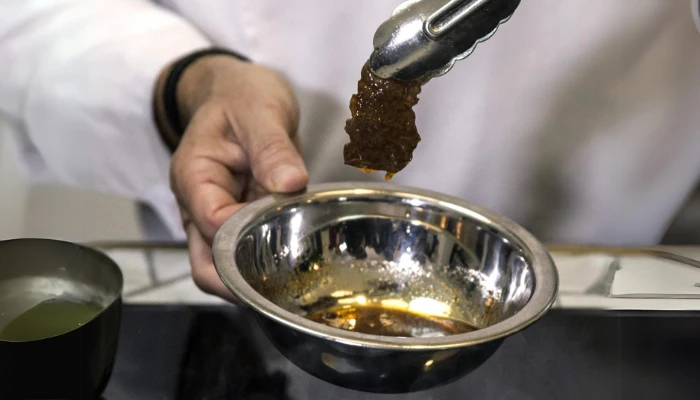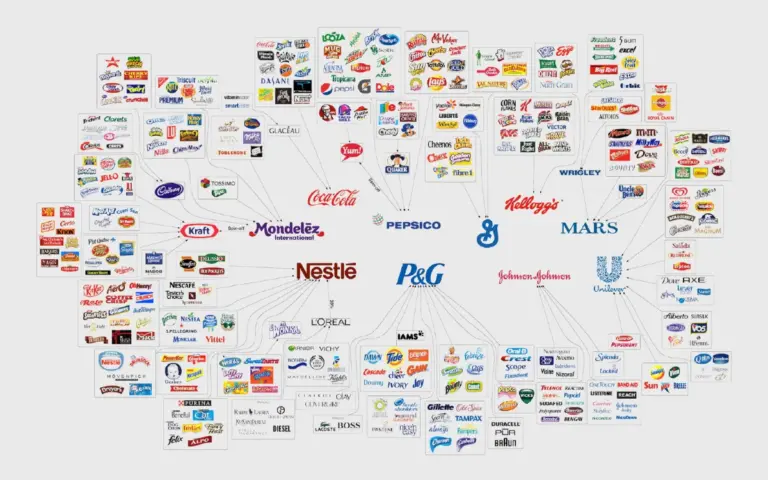The realm of gastronomy is on the brink of a revolutionary shift, as an Israeli company, Aleph Farms, steps into the limelight with a groundbreaking development straight out of a JD Robb novel. They’ve received a preliminary nod from Israeli health authorities, marking a pivotal moment in the culinary world – the green light to produce and sell the world’s first steaks cultivated directly from beef cells, meaning, no cattle were raised and slaughtered for the steak on your plate.
While the U.S. approved the first lab-grown chicken for sale to the public in 2023, this is the first red meat to receive approval by any country.
Israel Leads the Charge in Cultivated Meat
Aleph Farms, a company based in Rehovot, Israel, received this initial endorsement from the Israeli Health Ministry in December. The announcement, made by Israeli Prime Minister Benjamin Netanyahu, described this achievement as “a global breakthrough.” The company’s game plan includes introducing a cultivated “petite steak” to Israeli diners, a product crafted from cells derived from a fertilized egg of a Black Angus cow named Lucy.

However, before these steaks hit the dining tables, regulators must approve the company’s labels and conduct a final inspection, as explained by Yoav Reisler of Aleph Farms. The journey from lab to plate could span several months, but the anticipation is palpable.
Joining a Global Movement
Aleph Farms isn’t alone in this venture. They join the ranks of Upside Foods and Good Meat, two California-based pioneers, who have already received the green light to sell cultivated chicken in the U.S. These companies are part of an expanding global cadre of over 150 companies striving to produce cultivated, or “cell-cultured,” meat, a term synonymous with lab-grown meat.
Redefining Meat Consumption
Advocates of this innovative approach argue that cell-cultured meat could significantly mitigate animal suffering and reduce the environmental footprint associated with traditional meat production. However, the industry grapples with challenges, including steep production costs and the daunting task of scaling up to produce meat affordably and profitably on a large scale.

The Science Behind Cultivated Meat
More To Discover
- Farmers Are Shouldering The Burden: The Hidden Cost of Big Food’s Green Push & Every Way It Hits Smaller Farms
- The Bioengineered Plant Battling Indoor Air Pollution
- The Rise of Indoor Farming in Thailand Begins With Strawberries
- 2023 Saw 356,000 Heat Pumps Installed In Germany: 50% Surge in Installations for Second Year Running
The process of creating cultivated meat is a marvel of modern science. It involves growing meat in large steel tanks using cells sourced from a living animal, a fertilized egg, or a cell bank. These original cells are nurtured with specific nutrients, enabling them to develop into masses or sheets of meat. These are then meticulously shaped into familiar food forms, like cutlets or steaks.
Aleph Farms’ breakthrough marks a significant step in redefining our relationship with food. While the journey from lab to dinner plate may still have hurdles to overcome, such as regulatory approvals and consumer acceptance, the potential benefits of cultivated meat are immense. This innovation could herald a new era in sustainable and ethical food production, offering a tantalizing glimpse into the future of dining.




















